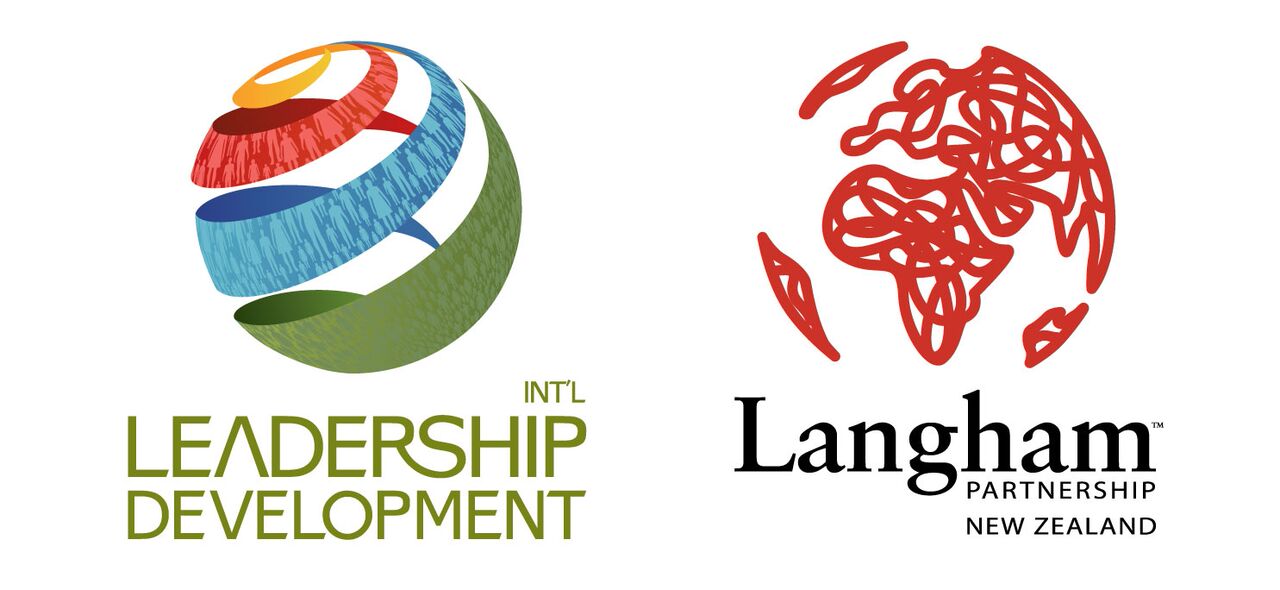December 2017
Meeting with our partners from Myanmar Evangelical Graduate School of Theology (MEGST) in Yangon during October, I got to understand the Rohingya Crisis from the perspective of Rakhine state natives who work at MEGST – ministry leaders in Yangon, who come from Rakhine. I’ll try to distil the essence of it.
The Rohingyas are a mixed race Muslim people group with much overlap with the Bengalis of Bangladesh. They have been in the area which spans Bangladesh and NW Rakhine State of Myanmar for generations. During the British Raj their movements from Bangladesh into what is now Myanmar were regarded as internal movements. Moreover, the British used them as a labour force. But just as they were not accepted by the Bengalis, neither were they accepted by the Buddhist majority in Rakhine State. The former military regime which ruled Myanmar for 60 years refused to grant them citizenship, so they are now a stateless group. They have gradually moved into the far northern tip of Rakhine State from Bangladesh, because though they are Muslim like Bangladeshis, they are not wanted in either country.
The current Rakhine State crisis has been a long time coming.
It is an extension of the Myanmar military’s policy of ‘Birmanization,’ and what looks like genocidal intent, aided and abetted by a fanatical stream of nationalist Buddhists.
The problem for the recently democratically elected civilian government of Aung San Suu Kyi, is that under the constitution (created by the previous military junta), the military operates completely separately from the government. Suu Kyi’s only options are to privately confront the military, and publicly seek to mitigate the suffering of the Rohingyas. To confront or oppose the military publicly would very likely end in her being deposed. Nevertheless, this is a large scale human tragedy affecting up to a million people, most of them women and children. Not only are many Rohingyas being killed, disease and starvation are taking a terrible toll.
The situation is dire. Getting relief to the Rohingyas is very difficult, but something the LeaDev-Langham network of support is able to do through our trusted, MEGST-related partners. They are on the ground in Rakhine State because they are native Rakhine people, and therefore have access, which is denied by the military to most other Myanmar civilians. The military will also only allow those working for a recognised NGO to have access, something which our partners have legally established. We cannot reveal their identities because of the danger posed to them; they deliver practical ministry at great risk to their own safety.
At LeaDev-Langham we support the development of Christian leaders as a strategic way to support the fast-growing Church across Asia-Pacific. But leaders who live and minister in contexts of poverty and pressure have few – if any – financial reserves in the event disaster strikes. If an earthquake, tsunami, fatal disease or war hits their area, it is impossible for Partner Schools to carry on with ‘study as usual’ in the midst of chaos, trauma and grief.
This is why we support existing ministry partners with development aid in the event their geographic area is hit with a disaster of significant proportions. This enables them to bring profoundly practical leadership to their communities by being the ‘hands and feet’ of Jesus. And this is what is happening amongst the Rohingyas through our partners in Myanmar.
How you can help
Right now hundreds of refugee children and their families are being supported by our partners – leaders of integrity in Myanmar – with rice, medicines, clothes, blankets and mosquito nets. Please would you give a gift to help them to continue to minister the love of Jesus in this way?
Your gift cares! And enables leaders to take compassionate action and bring the practical love of Jesus to children, families and others in their community who are suffering as a result of a sudden disaster.
